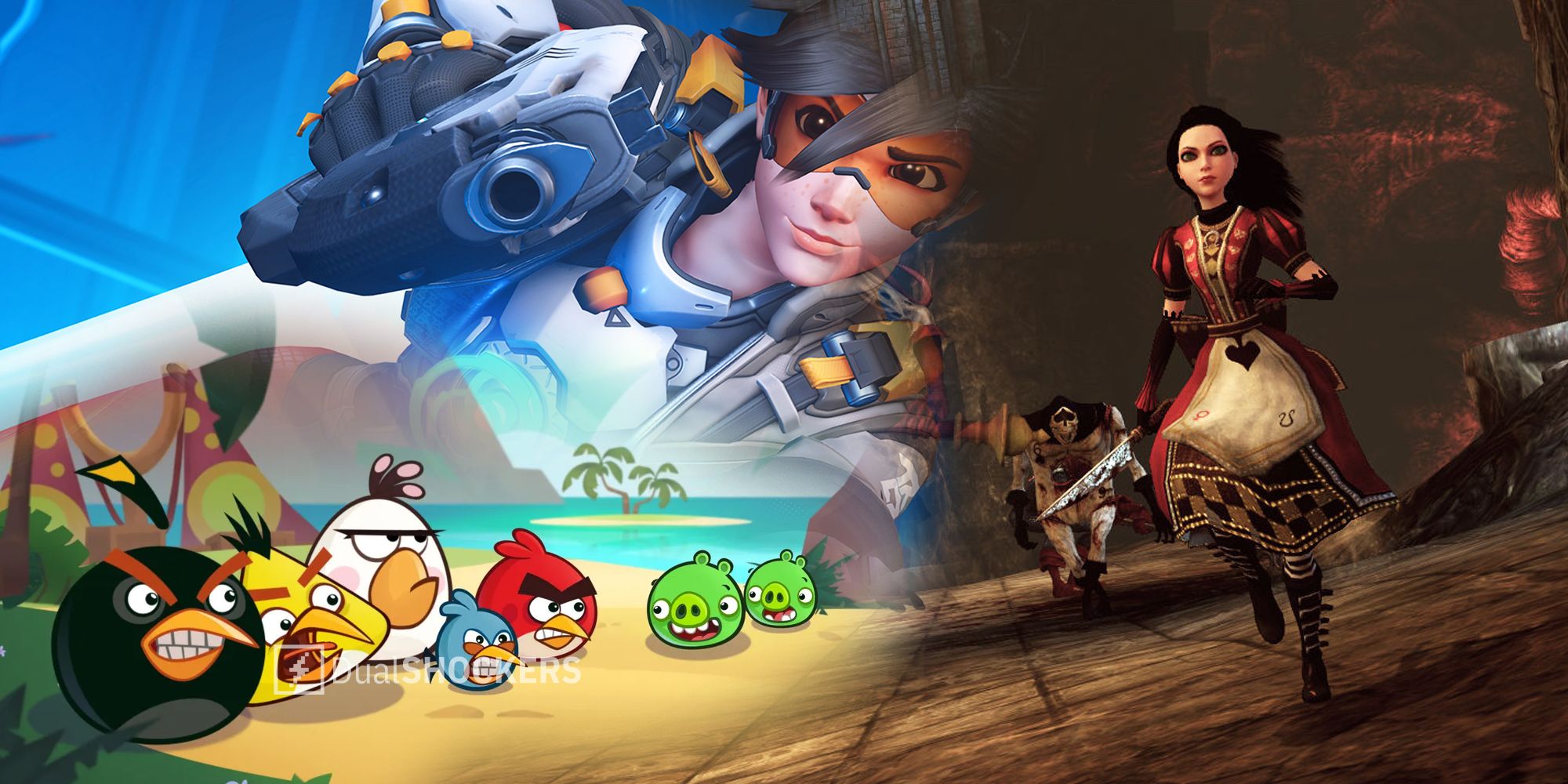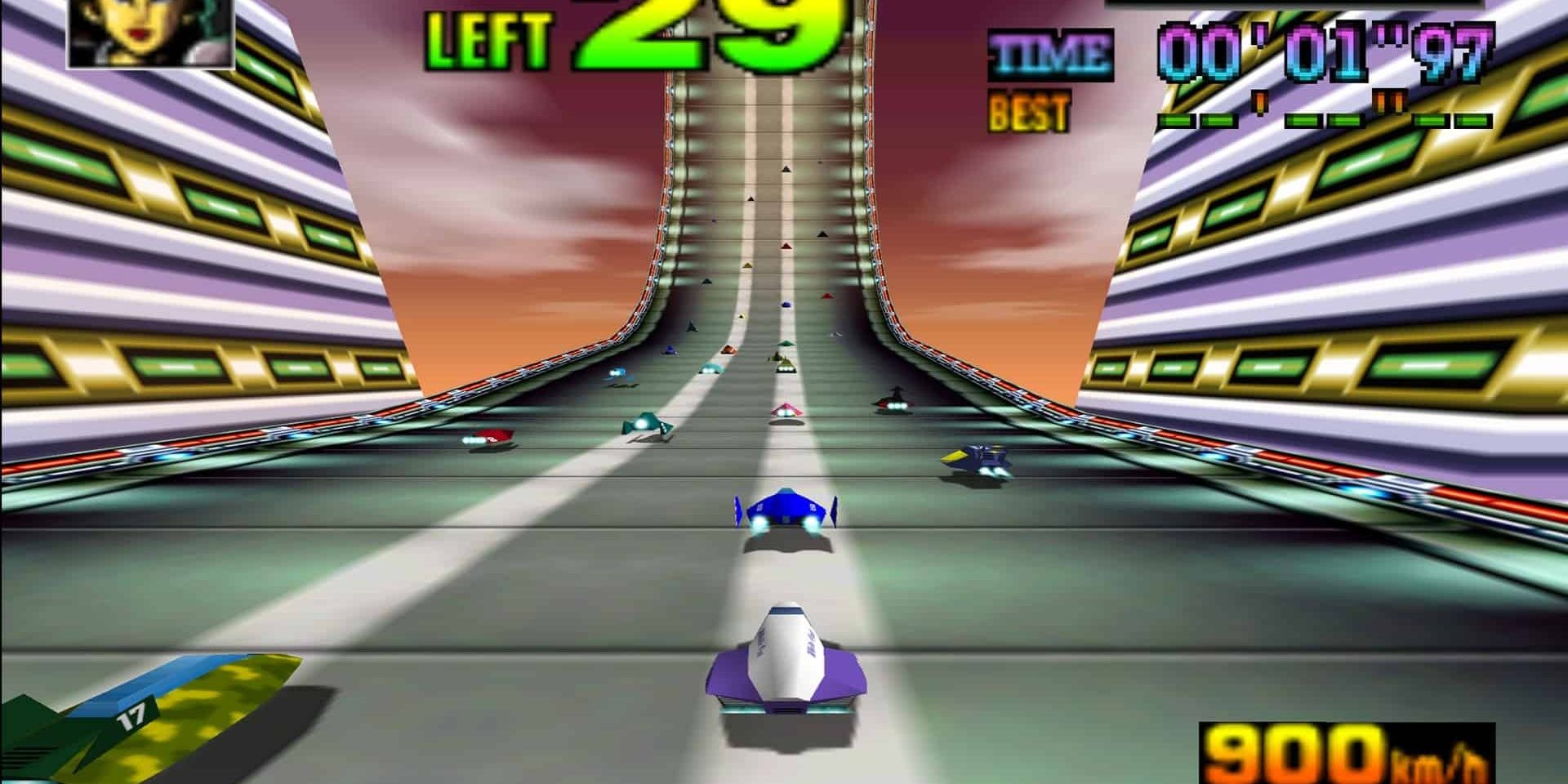It's open season on acquisitions in the games industry. Microsoft continues to make progress acquiring Activision-Blizzard (and I continue to be upset about it), Gamesindustry.biz reports that Sony is all set to add Firewalk Studios to its collection, and quite recently, Sega has made waves with its scheme to get its mitts on Rovio — the studio behind Angry Birds and not much else.
While I've often ragged on the general issues that tend to accompany mergers like these — the likelihood of ensuing layoffs as companies restructure, the reduction of competition in the market, the systematic mishandling and eventual shutdown of acquired studios by companies like EA — today I want to focus on intellectual property. Microsoft probably doesn't want Acti-Blizz for its physical resources, but access to multi-billion dollar franchises like Call of Duty. And Sega's priority in acquiring Rovio more than likely lies with gaining access to Angry Birds, a series with more than 20 entries and two feature films that needs no introduction in regard to its enormous success.
From these examples, we can see that more and more IPs are being put into fewer and fewer hands. For instance, upon its deal's completion, Sega would own both Sonic and Angry Birds — a pair of big-ticket, family-friendly properties that are household names across the world. This gives Sega access to a vast amount of market share with an increased hold on casual gamers. A sizable increase in power and revenue comes along with exclusive right to license games about a red bird and his mates.
An acquisition like this creates a competition issue, something akin to Disney's ability to use its stranglehold on some of the world's most iconic film franchises to simply sling brand recognition around. Microsoft would be in a similar, albeit less demographic-specific, position with all it stands to gain from Activision-Blizzard and King, gaining domain over one of the most popular console/PC series with Call of Duty as well as the casual game goliath that is Candy Crush.
But market dominance isn't the only issue that comes from IP hoarding. Like a dragon that sits on a pile of gold and does nothing with it, AAA studios hoard vast expanses of intellectual properties while actually using very few of them. When the top dogs own more and more stuff, it'll likely cast some of the IPs they gain into abandonment. Some of the more fortunate new acquisitions will likely be funneled into big titles — like with how Toys For Bob has been roped into the ever-growing Call of Duty franchise or how more and more teams under Ubisoft are drawn into working on Assassin's Creed exclusively. But even franchises with guaranteed profitability could be tossed away in favor of even bigger money machines. Such a situation has recently befallen American McGee's Alice trilogy, with EA refusing to license or fund another installment — essentially leaving it to gather dust.
If you want the poster child for why a single company shouldn't have a lock on dozens of IPs, just look at Konami. Konami's list of legendary franchises needs no introduction, but neither does the list of things it's done with said IPs instead of making games. An exemplary victim is the Castlevania series. Not only has it been relegated to pachinko machines, but Castlevania's 35th anniversary was celebrated with NFTs of all things. I'll also throw a look at Nintendo while we're on this subject; it may have a far better reputation than Konami in this regard, but many have been starving for new entries from F-Zero, Star Fox and a myriad other Nintendo IPs that haven't seen the light of day in a long time.
The absorption of so many IPs among so few creators is detrimental to competition and to the art itself. For all these series to be hoarded and go unused, while those who seek to use them are at best denied or at worst faced with legal backlash (like with Nintendo's DMCA takedown of fan-made games), it's a real waste, and it's growing ever more prevalent.


